
Electric Bike Repair: How Much Does It Cost on Average?
When your electric bike needs a fix, the first question is about cost. Understanding the potential expense can be stressful, but we're here to help. On average, you can expect a basic electric bike repair or tune-up to cost between $75 and $200. However, major repairs involving the electric bike battery or motor can easily cost $500 to $1,000 or more.
This wide range exists because the final price depends on several key factors. These include the specific problem and the type of bike you own. This guide will walk you through detailed cost breakdowns for different repairs, the factors that affect price, and how to find reliable electric bike repair service without overpaying. We'll give you the information you need to approach your repair with confidence.
Key Cost Factors
Your final repair bill combines several variables. Understanding these parts helps you have better conversations with your mechanic and get a mental estimate before you visit the shop.
Type of Repair. A clear difference exists between mechanical and electrical issues. Standard mechanical repairs like fixing flat tires, adjusting brakes, or replacing chains are usually straightforward and less expensive. Electrical checks for issues with the motor, controller, or battery system are more complex, need special knowledge, and cost more.
Parts vs. Labor. Every repair bill has two main parts: replacement components and the mechanic's time. Shop labor rates are a big factor and typically range from $60 to $150 per hour. This rate depends heavily on the shop's location and whether they specialize in e-bikes, as expertise with complex systems commands higher prices.
Bike Brand and System. The brand of your e-bike and its drive system plays a huge role. Major brands like Bosch, Shimano, Brose, and Yamaha often need special diagnostic tools and certified technicians. While this ensures high-quality service, it can also increase labor and parts costs. In contrast, many direct-to-consumer electric bike brands use more generic parts that might be cheaper, but some local shops may be hesitant or unable to service them.
Your Geographic Location. Just like with any other service, where you live matters. Labor rates in major cities like New York or San Francisco will be much higher than in smaller towns or rural areas. This is crucial when you're searching for electric bike repair near me and comparing quotes.
Type of Shop. A specialty e-bike shop will have deep expertise and the right tools for any electrical problem, but they may charge higher labor rates. A general bicycle shop might offer lower hourly rates for mechanical fixes but could lack the experience or diagnostic software to handle complex motor or battery issues, potentially leading them to turn away the work or misdiagnose the problem.

Common Repair Costs
To give you a concrete idea of what to expect, we've put together estimates for the most common electric bike repairs. Remember, these are typical ranges for parts and labor combined. Your final cost will vary based on the factors we just discussed.
Mechanical Repairs
| Repair Type | Typical Cost Range (Parts + Labor) | Notes / Complexity |
|---|---|---|
| Basic E-Bike Tune-Up | $100 – $200 | Includes brake/gear adjust, lubrication, safety check, and basic electrical connection check. A vital preventative measure. |
| Flat Tire Repair | $25 – $50 | Higher end of the range is for hub-motor wheels, which are more labor-intensive to remove and reinstall. |
| Brake Pad Replacement | $30 – $60 per wheel | A straightforward and essential safety repair. Cost varies between mechanical and hydraulic disc brakes. |
| Hydraulic Brake Bleed | $40 – $75 per brake | Requires specific tools and fluid. Necessary when brakes feel spongy or lose power. |
| Chain Replacement | $50 – $100 | E-bike chains wear faster due to motor torque. Cost depends on the quality and speed of the chain. |
| Drivetrain Cleaning | $60 – $120 | A deep clean of the chain, cassette, and chainrings. Extends the life of expensive components. |
Electrical Repairs
| Repair Type | Typical Cost Range (Parts + Labor) | Notes / Complexity |
|---|---|---|
| Diagnostic Service | $75 – $150 | This is the fee for identifying an unknown electrical fault. Often applied to the final repair cost if you proceed. |
| Battery Health Check | $50 – $100 | A capacity test to determine the true health and remaining range of your battery. |
| Controller Replacement | $200 – $600 | The "brain" of the e-bike. The part itself can cost $100–$400+, plus labor for installation and programming. |
| Throttle or PAS Sensor | $80 – $200 | Relatively simple parts to replace, but diagnosis can sometimes be tricky. |
| Battery Replacement | $400 – $1,200+ | The single most expensive component. The cost is almost entirely the part itself. Labor is minimal. |
| Hub Motor Replacement | $400 – $1,000+ | Includes the cost of the motor and the labor to unlace and relace the wheel with the new motor. |
Regular tune-ups are one of the most cost-effective investments you can make. Many riders on forums report paying between $100 and $200 for comprehensive service, which is a small price for reliability. Ultimately, consistent and proper maintenance can prevent costly repairs down the road, saving you from much larger bills when a neglected part finally fails.
DIY vs. Professional Service
Deciding whether to tackle a repair yourself or head to a shop is a classic cost-benefit analysis. Making the right choice can save you money and headaches, while the wrong one can be costly and dangerous.
When DIY Makes Sense
For riders with some mechanical skills, handling basic maintenance is a great way to save money and learn about your bike. The cost is minimal—just the price of parts and a few basic tools.
You can safely and affordably handle these tasks:
- Flat tire changes. Learning this is a must for any cyclist.
- Chain cleaning and lubrication. A simple task that dramatically extends drivetrain life.
- Brake pad replacement. For mechanical disc or rim brakes, this is usually a quick job.
- Tightening bolts and accessories. A basic but crucial safety check.
When to See a Professional
While DIY can be rewarding, some jobs are best left to those with the right tools and experience. Attempting a complex repair without proper knowledge can lead to bigger problems. Always see a professional for these issues:
- Any battery issue. Besides basic charging, never open or attempt to repair a battery pack. The risk of fire or injury is high.
- Motor malfunctions. Internal motor problems or strange noises require specialized tools and diagnostic software.
- Controller or display problems. These electrical issues can be difficult to diagnose without swapping parts or using a multimeter correctly. We've seen cases where a simple-looking DIY wiring job resulted in a fried controller, turning a potential $150 fix into a $500+ problem. It's often cheaper in the long run to have an expert diagnose it first.
- Hydraulic brake service. Bleeding hydraulic brakes can be messy and requires precision to ensure safety.
- Wheel truing or building. Ensuring a wheel is straight and strong is critical for safety, especially at e-bike speeds.
The Hidden Costs
Beyond the obvious parts and labor, there are other financial factors to consider. Thinking like a pro can help you avoid common traps and save money over the life of your e-bike.
The Diagnostic Fee
Many shops charge a non-refundable diagnostic fee or assessment fee of $75 to $150 just to look at your bike and determine the problem. This is fair, as it compensates the mechanic for their time. However, you should always ask if this fee will be applied toward the final repair cost if you approve the work. A reputable shop will almost always credit this fee.
Proprietary vs. Generic
When you buy an e-bike, you're also buying into its ecosystem. Bikes with proprietary systems from brands like Bosch or Specialized often deliver fantastic performance, but be aware of the long-term cost. Replacement parts, from batteries to displays, can be expensive and may only be available through authorized dealers. Bikes with more generic systems might have cheaper parts, but finding a shop willing and able to service them can be a challenge in itself.
The Cost of Neglect
The most expensive repair is almost always the one caused by neglect. Small, inexpensive maintenance tasks can prevent catastrophic failures. A worn-out chain ($40) that isn't replaced can quickly destroy a much more expensive cassette and chainring ($200+). Letting brake pads wear down to the metal can ruin a rotor, adding another $50 to the bill. Regular cleaning, proper tire inflation, and following correct battery charging habits are free actions that can save you hundreds of dollars.
Warranty Awareness
Before you pay for any electric bike repair, check your warranty status. Most e-bikes come with a one- to two-year warranty on bike electrical components. If your bike is still covered, the repair should be free. Contact the manufacturer or the original dealer first. Attempting a DIY repair on a warrantied component, especially an electrical one, can void your coverage entirely, leaving you responsible for the full cost.
Finding a Trustworthy Shop
Finding a competent and fairly priced mechanic is key to a good repair experience. This step-by-step guide helps you find the right service center for your needs, focusing on value and expertise, not just proximity.
Step 1: Start with Your Manufacturer. The best first step is to check your bike brand's official website. Most have a dealer locator or service center page that lists authorized shops. This is essential for bikes under warranty or those with proprietary systems like Bosch or Shimano.
Step 2: Use Smart Google Searches. Go beyond a generic bike shop near me search. Use more specific terms like Bosch e-bike service, Leoguar Bikes repair, or electric bike mechanic to find shops that specialize in e-bikes. Read reviews carefully, looking for mentions of e-bikes, specific brands, and electrical troubleshooting.
Step 3: Use the Pre-Call Checklist. Before taking your bike in, call a few promising shops and ask these crucial questions. Their answers will tell you a lot about their expertise and business practices.
- Do you service electric bikes, and specifically my brand or motor system?
- What is your hourly labor rate for e-bike service?
- Do you charge a diagnostic fee, and is it applied to the final repair cost?
-
What is your estimated turnaround time for a repair like mine?
Step 4: Look for Red Flags. A trustworthy shop will be transparent and helpful. Be cautious of shops that refuse to give a rough estimate over the phone for a common job, seem unfamiliar with major e-bike systems, or pressure you into expensive upgrades. A good mechanic will explain the problem and your options clearly.

Investing in Your Ride
While an unexpected electric bike repair bill can be daunting, understanding the costs involved puts you back in control. The final price hinges on the type of repair, your bike's system, and your local labor rates, with basic services ranging from $75-$200 and major electrical work costing $500 or more.
The most powerful tool for managing these expenses is knowledge and prevention. By performing simple DIY maintenance, you can prevent small issues from becoming expensive problems. When a complex repair is needed, knowing how to find a qualified, transparent mechanic ensures you get fair value and expert service.
Investing in proper care and professional service isn't just a cost—it's an investment in your safety, the longevity of your high quality e-bike, and the continued joy of the ride.
Frequently Asked Questions
How much does it cost to fix an electric bike motor?
Motor repairs typically cost between $400 and $1,000 or more. The exact cost depends on whether it's a hub motor or mid-drive motor, the brand, and whether it needs repair or complete replacement. Most motor issues require specialized tools and diagnostic equipment, making professional service necessary.
Can I repair my electric bike battery myself?
No, you should never attempt to repair an electric bike battery yourself. Battery packs contain high-voltage components and can pose fire and injury risks if handled improperly. Always take battery issues to a qualified professional or contact your bike manufacturer for warranty service.
How often should I get my electric bike serviced?
Most e-bikes should receive professional tune-ups every 6-12 months or every 1,000-2,000 miles, depending on usage. Regular maintenance typically costs $100-$200 but can prevent much more expensive repairs by catching issues early and keeping all components properly adjusted.
What's the difference between electric bike repair costs at specialty shops vs general bike shops?
Specialty e-bike shops typically charge $80-$150 per hour but have the expertise and diagnostic tools for complex electrical issues. General bike shops may charge $60-$100 per hour for mechanical repairs but often lack the equipment or knowledge to handle motor, battery, or controller problems.
Are electric bike repairs covered under warranty?
Most e-bikes come with 1-2 year warranties covering electrical components like motors, batteries, and controllers. Mechanical parts like brakes and chains typically have shorter warranty periods. Always check with your manufacturer or dealer before paying for repairs, as warranty work should be free at authorized service centers.




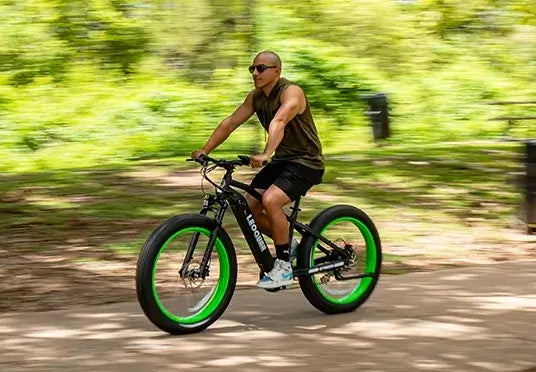
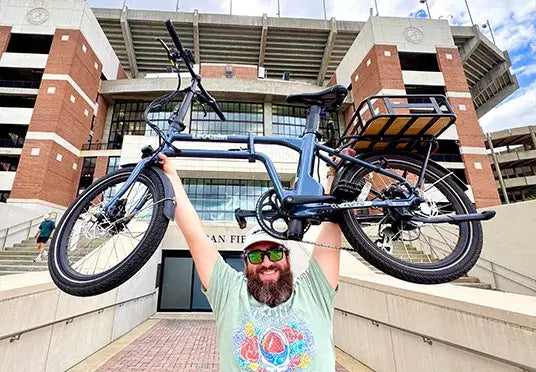



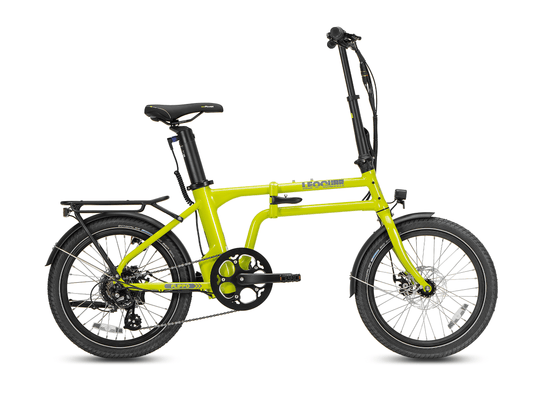
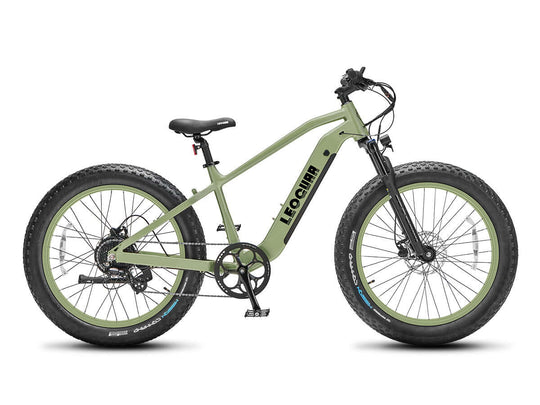
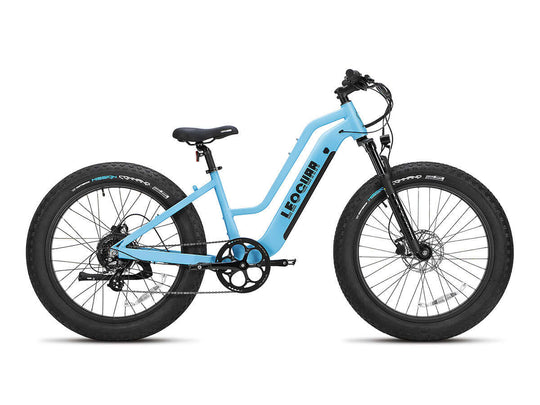
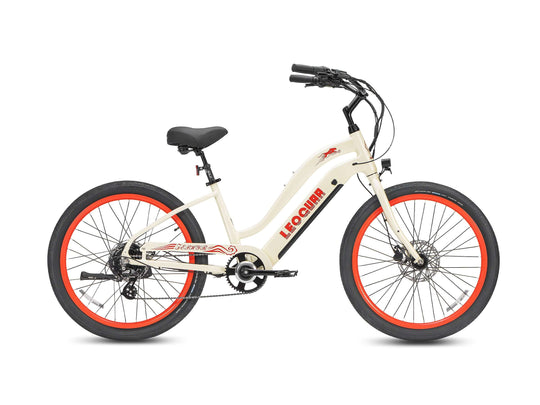
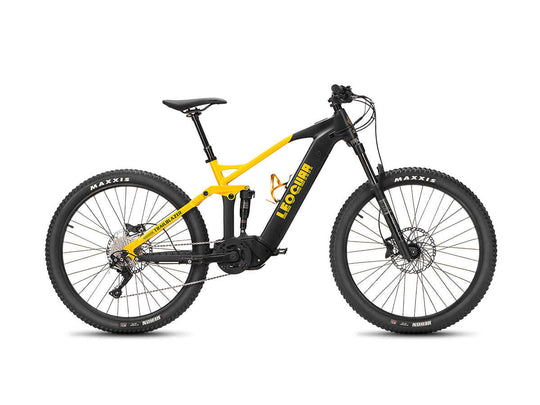
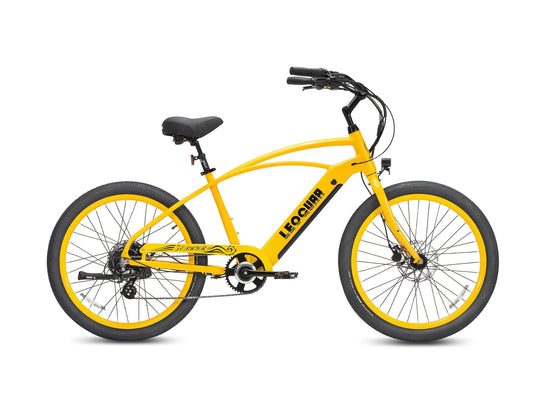
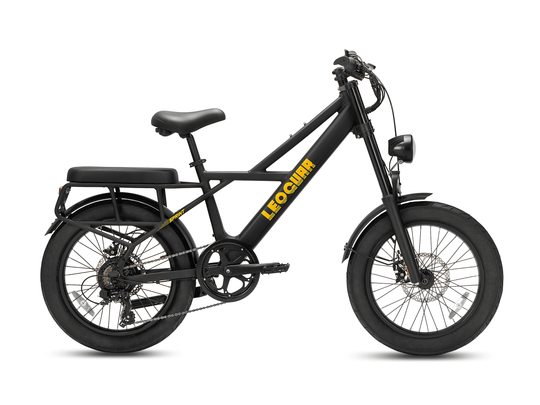
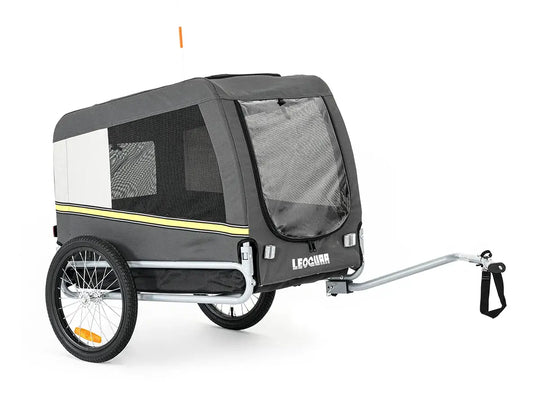
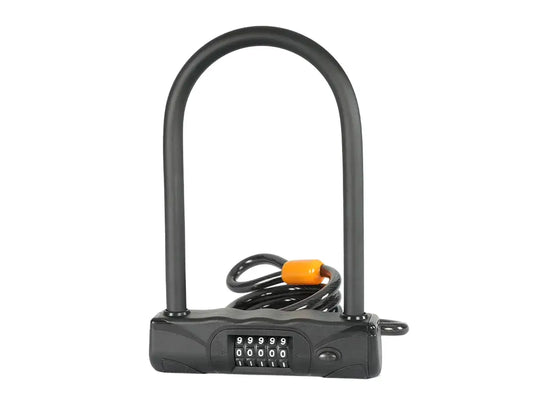

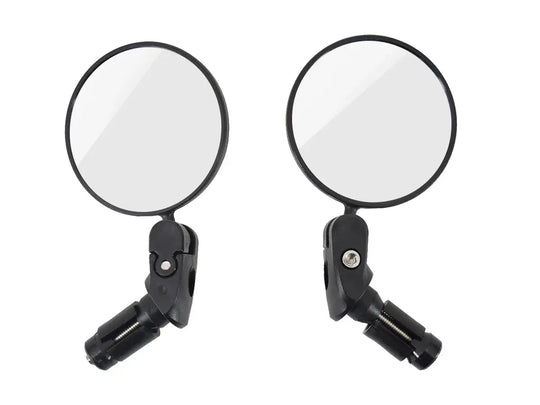
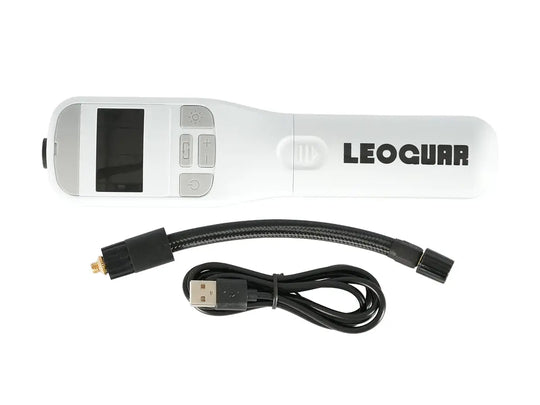
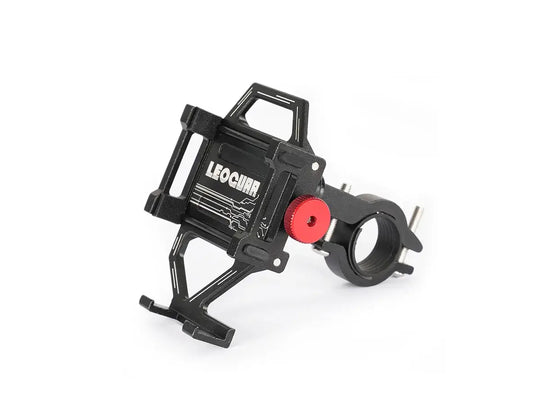
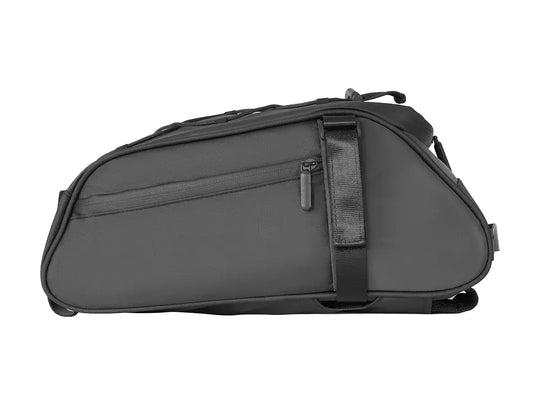
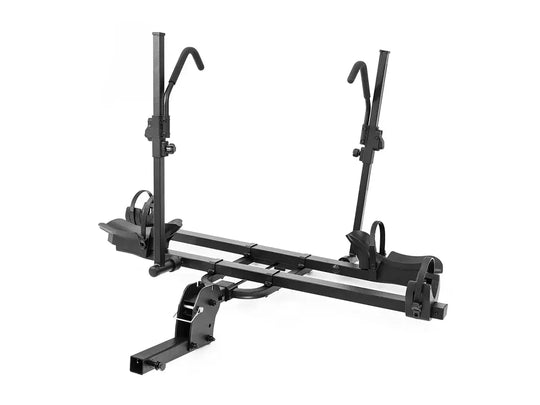
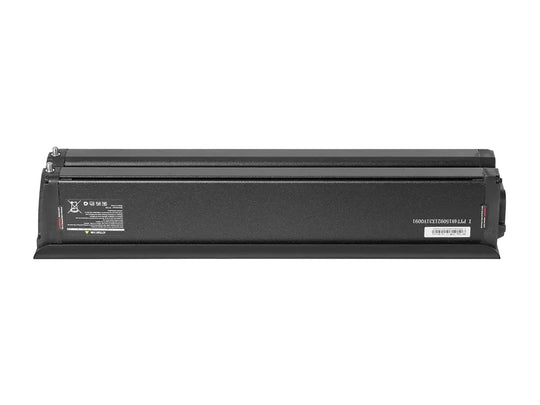
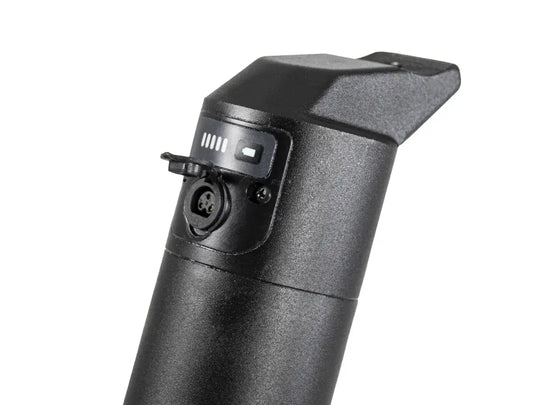
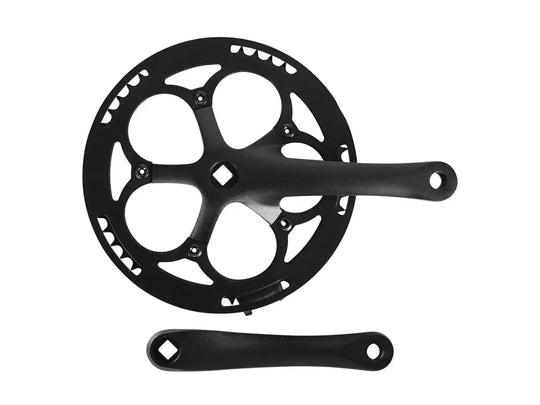
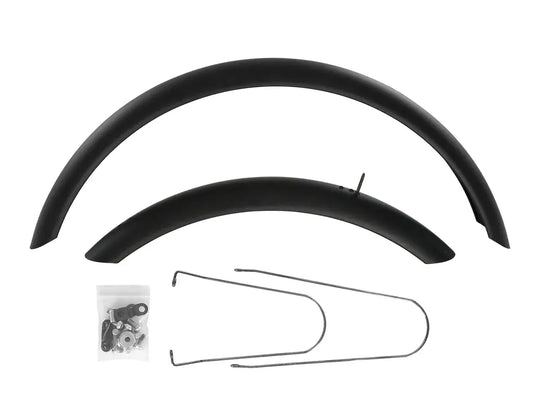
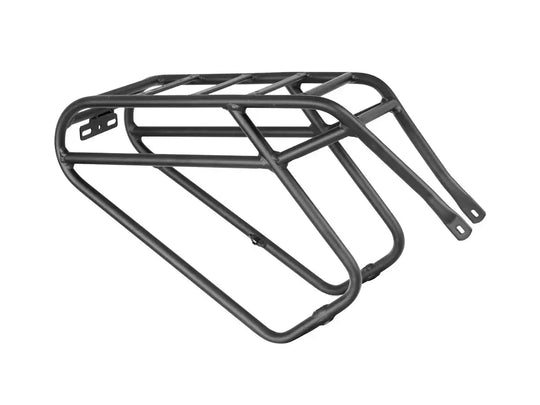
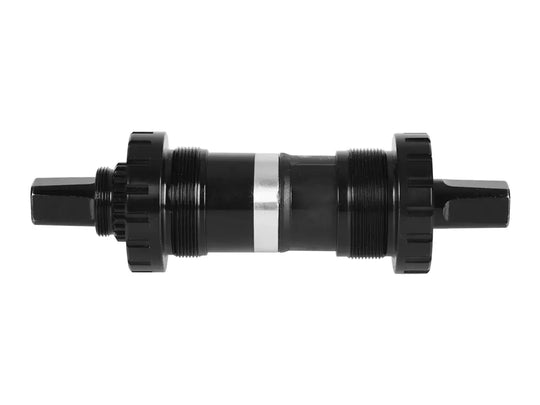
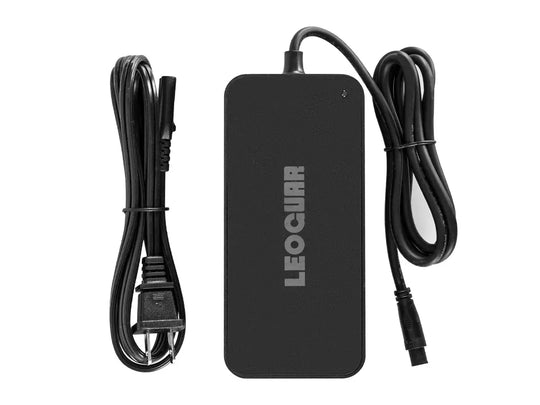
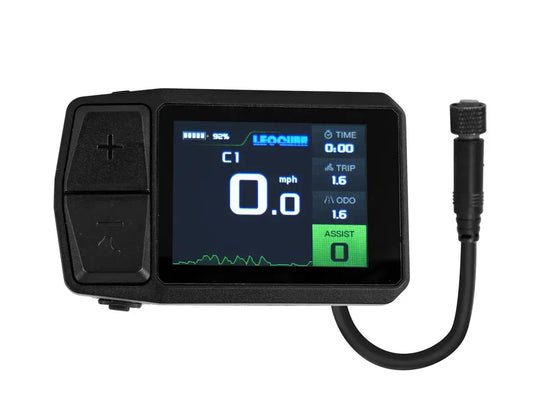
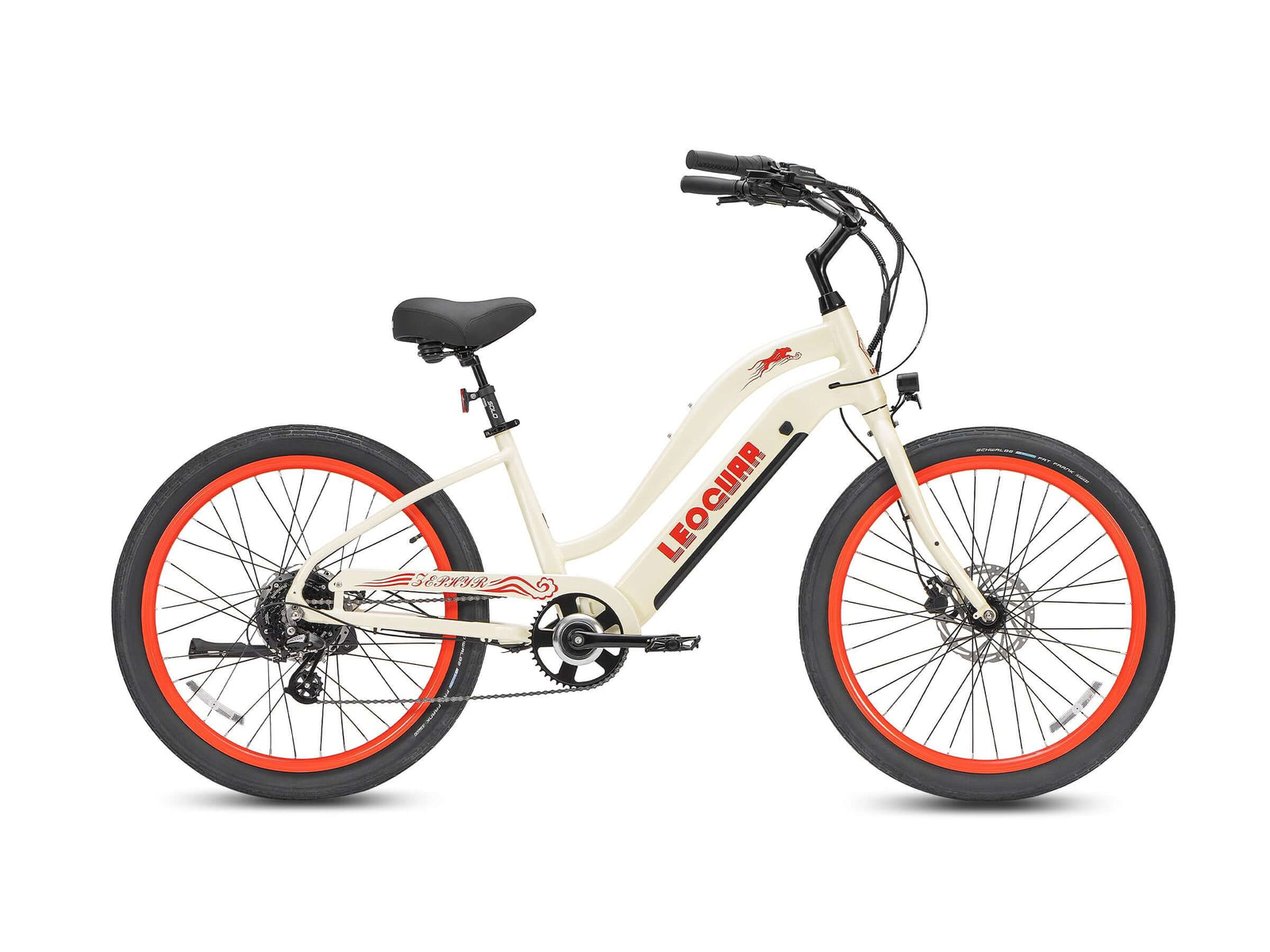







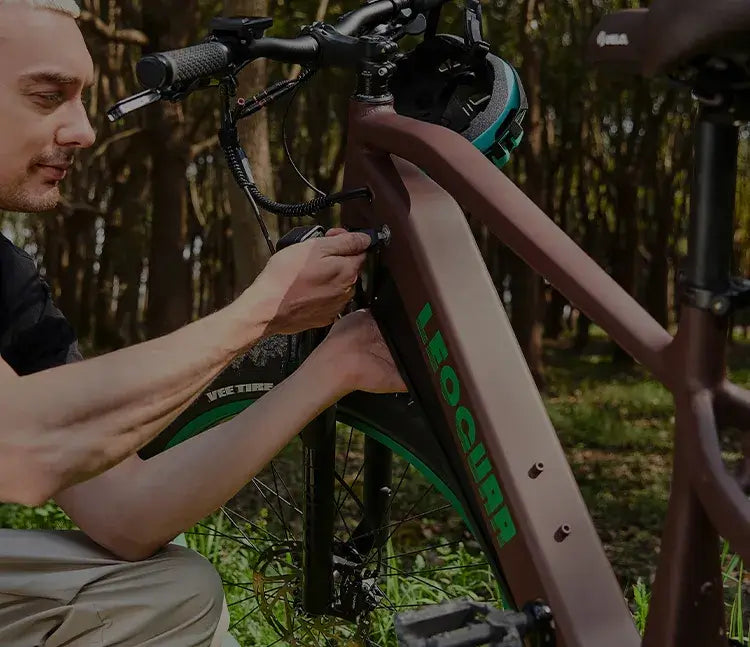
Leave a comment